Commentary: Beneath the cycle of Malaysian voter excitement and exhaustion, a contest brews
An op-ed that I wrote for The Interpreter, Lowy Institute on 14 February has been republished by Channel News Asia.
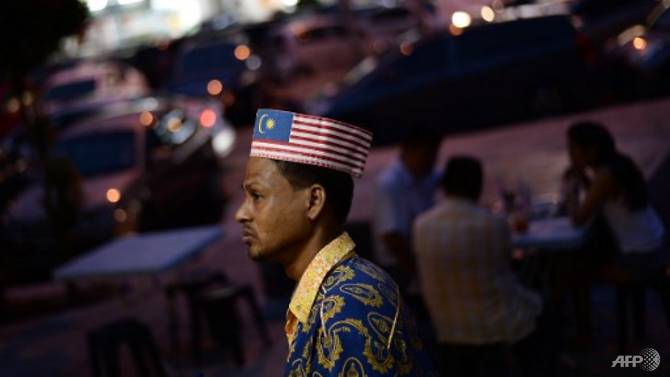
An op-ed that I wrote for The Interpreter, Lowy Institute on 14 February has been republished by Channel News Asia.
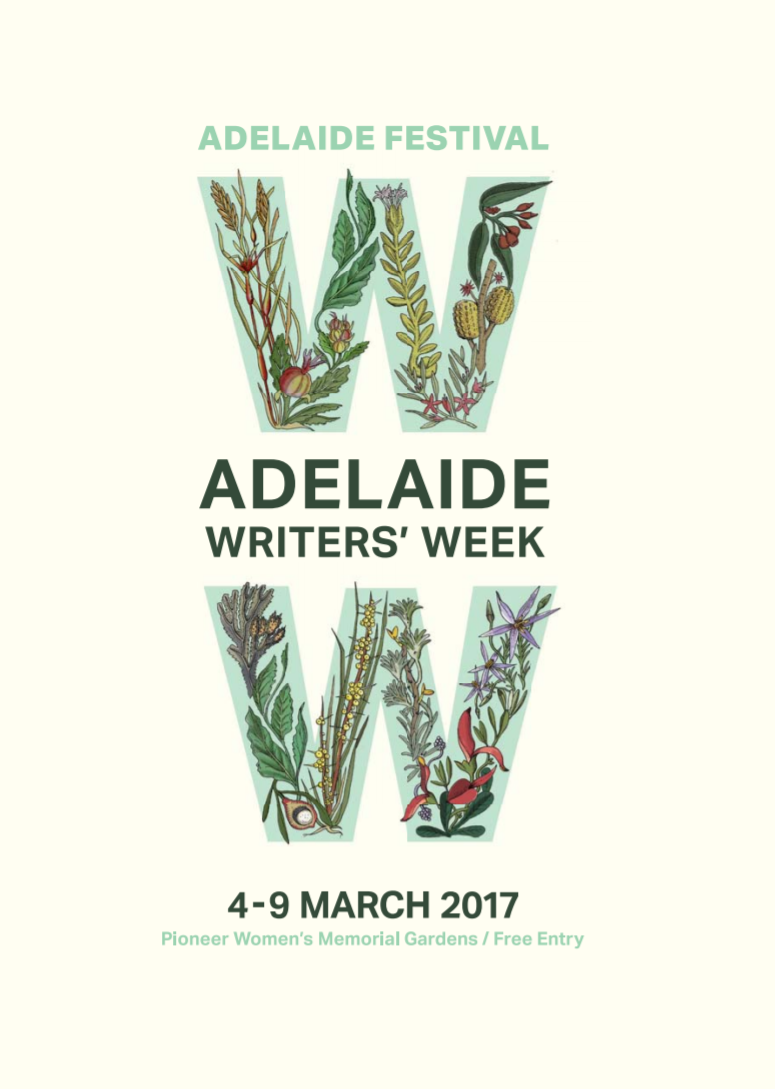
I’m speaking on the Griffith Review panel at Adelaide Writers’ Week, as one of the authors featured in Issue 55: ‘State of Hope,’ focused on South Australia.
My panel is at 12pm on Wednesday 8 March, on the West Stage. More details are available on the Writers’ Week program.
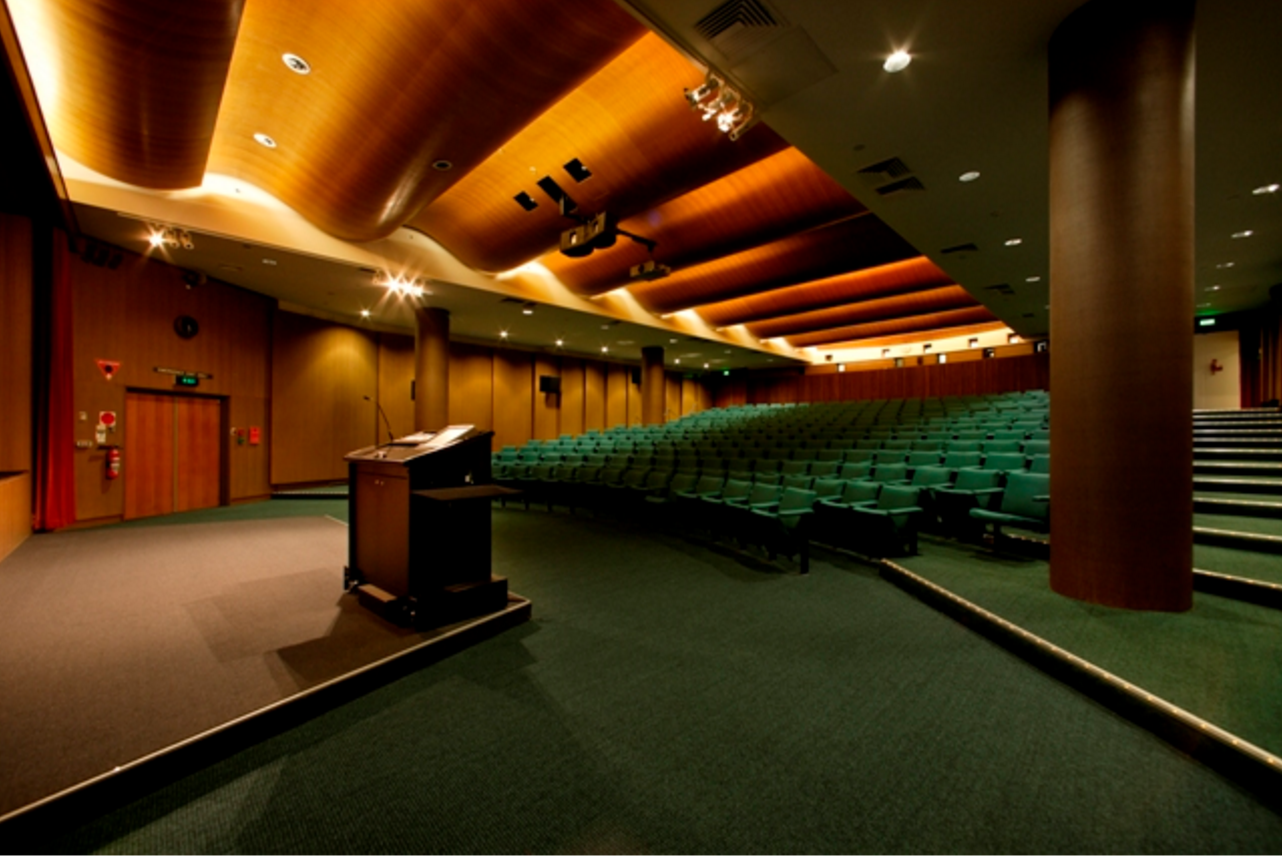
Image: National Library of Australia.
I’m speaking on the Griffith Review panel at the National Library of Australia, as one of the authors featured in Issue 55: ‘State of Hope,’ focused on South Australia.
The panel is at 6pm on Tuesday 21 February, in the Theatre on the Lower Ground Floor. More details are available from the National Library.
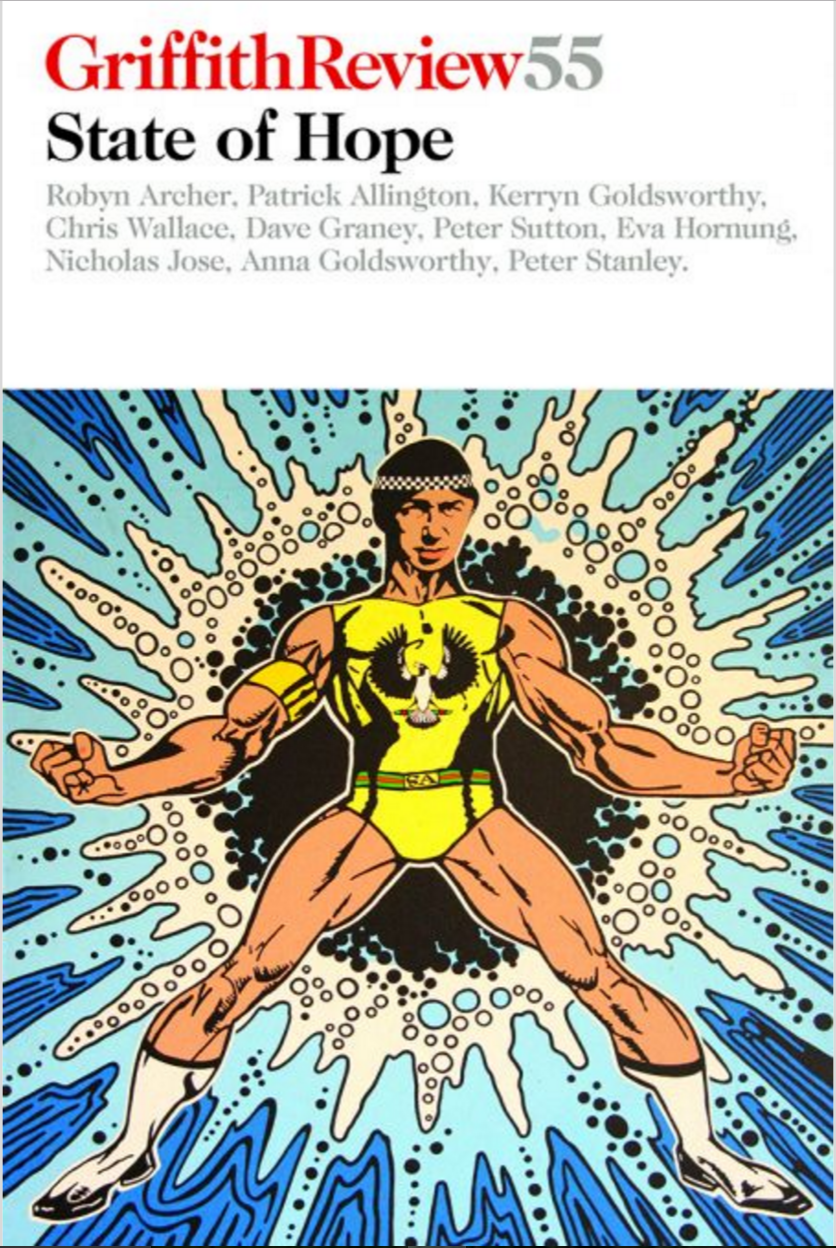
I’ve had an essay published in Griffith Review, in a special issue called ‘State of Hope’, focused on South Australia as a testing ground for government-led social reform since the era of former Premier Don Dunstan.
I haven’t been able to participate in any of the nostalgia for South Australia’s past, having only arrived just as Mike Rann was replaced with Jay Weatherill. All the same, my essay addresses contemporary possibilities for new rounds of social reform, in this case in relation to how state governments “manage” the growing cultural diversity of their populations through the policy framework we refer to as multiculturalism.
The essay reflects on my experience organising InterculturAdelaide, a policy co-design workshop I convened in 2015, and of navigating the multicultural arena and the way it insists on assigning non-white Australians within discrete and bounded cultural silos. These silos are then targeted by political parties in their competitive quest to mobilise each cultural “community” as a supportive political constituency. Yet surely a focus on equitable interaction across purported cultural boundaries is a better approach for equipping Australians to navigate their own society and their increasingly multipolar region?
The essay, ‘Intercultural Futures: The Fraught Politics of Multiculturalism,’ is available for purchase from Griffith Review.
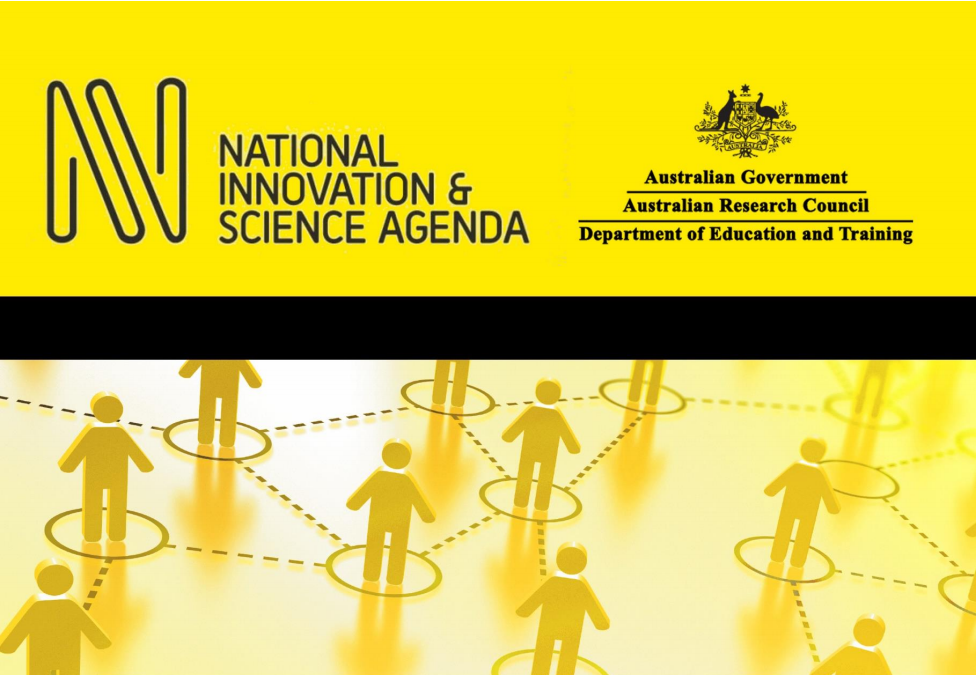
Image from the cover of the ARC NISA consultation paper.
I’m on a working group for the Asian Studies Association of Australia (ASAA) that has submitted advice to the Australian Research Council (ARC) on its pilot engagement and impact assessment exercise scheduled for next year. The exercise forms one component of the Australian Government’s National Innovation and Science Agenda (NISA), and earlier this year the ARC issued a consultation paper outlining its aims. The advice submitted by the ASAA working group argues that the ARC must define “engagement” in a manner that includes the Asian region, and that “impact” cannot be measured in terms of income alone.
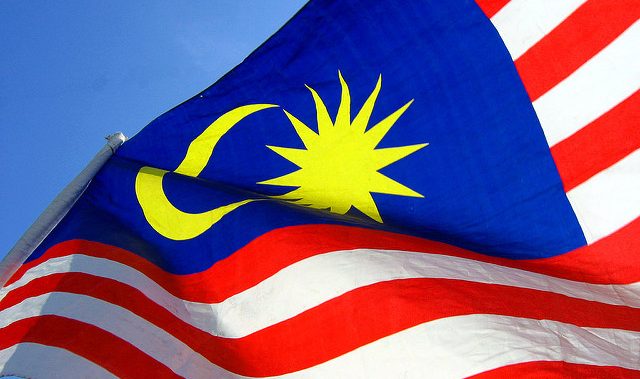
Image selected by Asian Currents.
Today the Asian Studies Association of Australia’s bulletin Asian Currents published a piece I wrote on how to do Malaysian Studies better in Australia. We can only watch Prime Minister Najib and his opponents’ moves and counter-moves for so long before we articulate a broader relevance for our work for communities of interest who care about Malaysia, Malaysians in Australia and Malaysia-Australia relationships.
Australia needs to look beyond Malaysia’s current political impasse and engage more widely with an important neighbour
For some time now, Malaysia watchers in Australia have focused much of their attention on the potential for the 1MDB crisis, and the 2013 election result before it, to unseat UMNO president and Barisan Nasional prime minister Najib Razak.
The imaginative pull these intertwined issues exerts is understandable—the sense of slowly building crisis, the moves and countermoves by government and opposition parties, and the clever deployment of hidden political resources are fascinating, especially when events appear to gather pace. Equally alluring is the temptation to be the person who called the critical moment just before it happened.
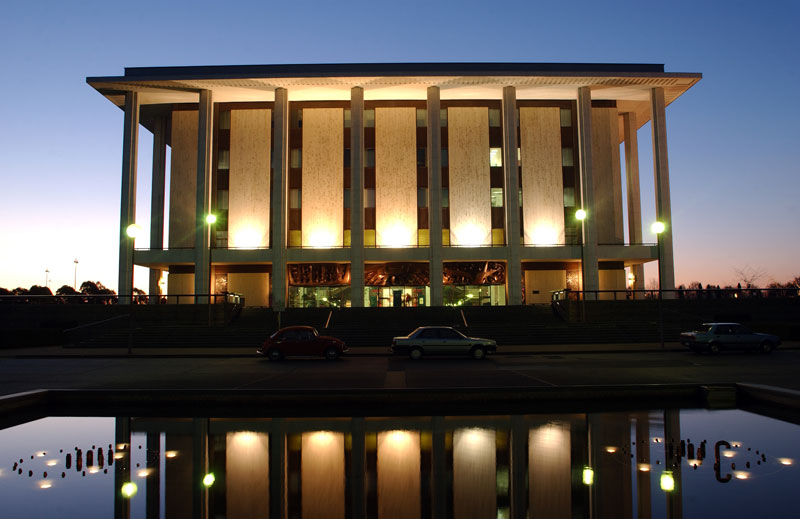
Image: National Library of Australia.
The recent conference of the Asian Studies Association of Australia featured a roundtable by librarians and library users on Asian Studies collections. I spoke at this roundtable and made the point that Malaysia’s 2013 election generated a vast amount of printed and digital ephemera that could be lost if Australian libraries do not make a point of collecting it. Perhaps if moves are made to develop a national collections strategy for Asian Studies materials, then this situation could be rectified.
I spoke at this roundtable and made the point that Malaysia’s 2013 election generated a vast amount of printed and digital ephemera that could be lost if Australian libraries do not make a point of collecting it. Perhaps if moves are made to develop a national collections strategy for Asian Studies materials, then this situation could be rectified in line with an agreed set of priorities for libraries interested in Asia.
A full report of this discussion is available from the Australian Library and Information Association.
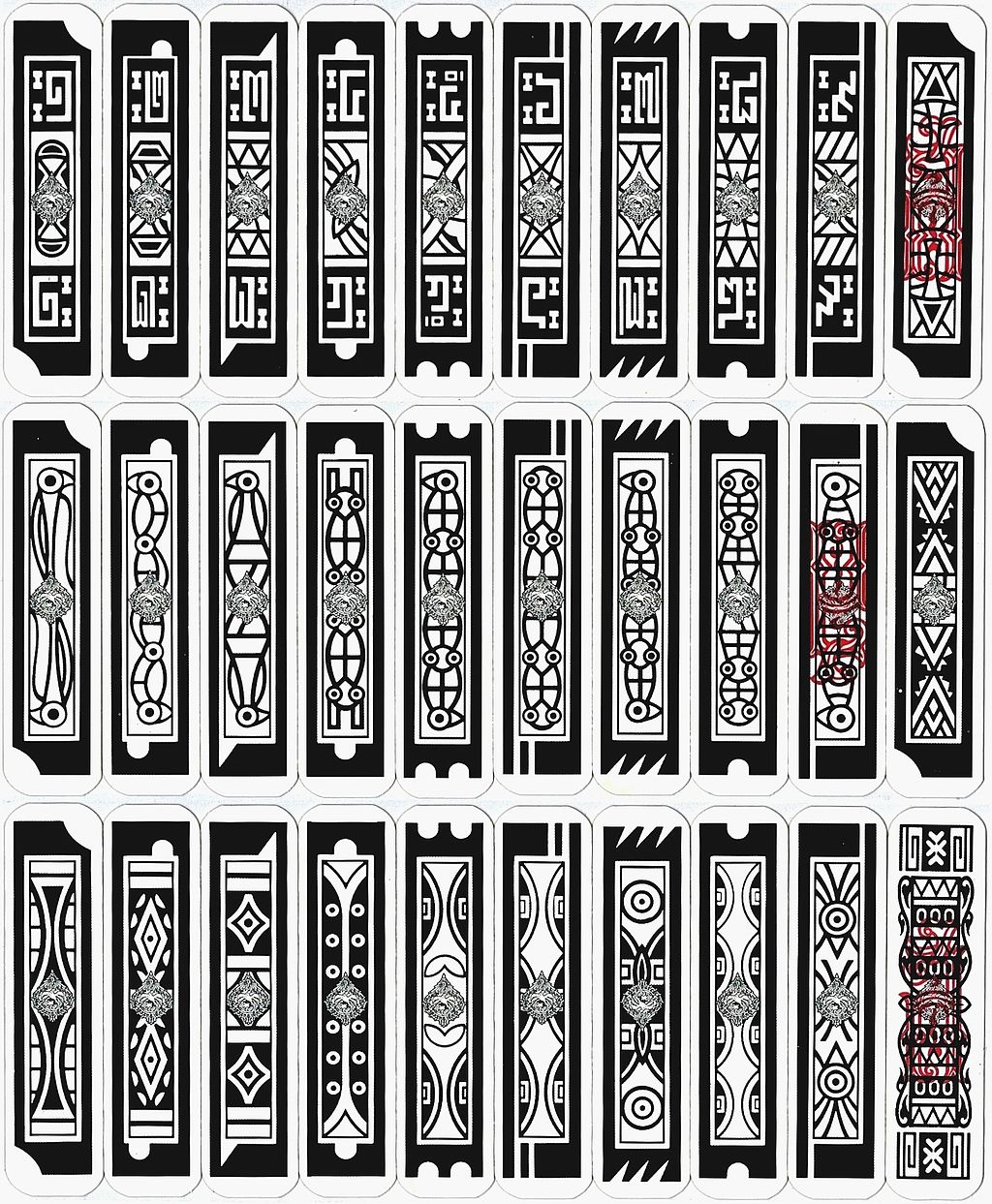
Image: Thai Pai playing cards from Wikimedia Commons. By Outlookxp – Own work, CC BY-SA 4.0.
I made a presentation on some work I’ve been doing on intercultural futures at a recent workshop on Learning to Live Together in Culturally Diverse Societies.
Yet, really? Learning? Learning what, and who from? Also, who’s the student?
Such debates are pitched at too low a level and usually involve only “multiculturalists” from across the Anglosphere, where predominantly white societies have to “learn” to adapt to their own increasing diversity. Migrants, too, are presumed to need to “learn” to fit in.
These debates also tend to assume the responsibility for imparting such learning lies entirely with schools, while adult public discussion deals in fear and racial stereotypes on the one hand, and on the other, the idea that inclusion is based on costumes and cooking, or holding summits with “leaders” who may attract little support. Add competition for government grants and political party fundraising to that mix, along with a faltering economy reliant on Asian trade and immigration, and we end up with a cluster of triggers for toxic political debates that can do real damage to social cohesion.
Australia is a diverse society, located in an exceedingly diverse region, Asia. This region, in turn, is increasingly important in the context of a multipolar world. If Australia and its institutions still need to learn this, then they need to radically improve their capacity for understanding Asia and Asians as a means of understanding themselves, their prospects and their place in the world, not limit their focus to managing discomfort with diversity behind Australia’s own borders.
It’s time for adult institutions to step up their learning as well.